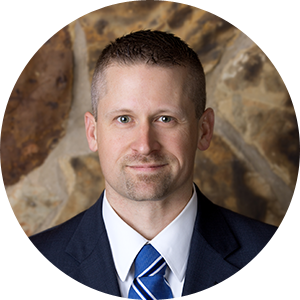“[D]espite repeated attempts to meld the two into one ‘right side of history’ campaign, the Sexual Revolution is not the Civil Rights Movement. Both started in the post-war boom and gained ground in the social upheaval of the 1960s and 1970s, but they share almost nothing else in common. They have different origins, different leaders, different objectives, and different legacies.
The former was rooted in the soil of the uniquely American Judeo-Christian tradition, spearheaded by Christian leaders, and was essentially ‘moderate’ in its demands. It sought the restoration of civil rights won in the Civil War and ratified in the Thirteenth, Fourteenth, and Fifteenth Amendments, with additional, necessary protections for the mediating institutions essential to the African-American community: family, home, church, school, and business. In this way, the Civil Rights Movement was like the American Revolution, seeking to restore rather than destroy.
The latter was rooted in the soil of elitist postmodern philosophy, spearheaded by secular libertines, and was essentially ‘radical’ in its demands. It sought public affirmation of the lie that the human person is an autonomous blob of Silly Putty unconstrained by nature or biology, and that marriage, sexuality, gender identity, and even the unborn child must yield to the erotic desires of liberated adults. In this way, the Sexual Revolution was more like the French Revolution, seeking to destroy rather than restore.”





